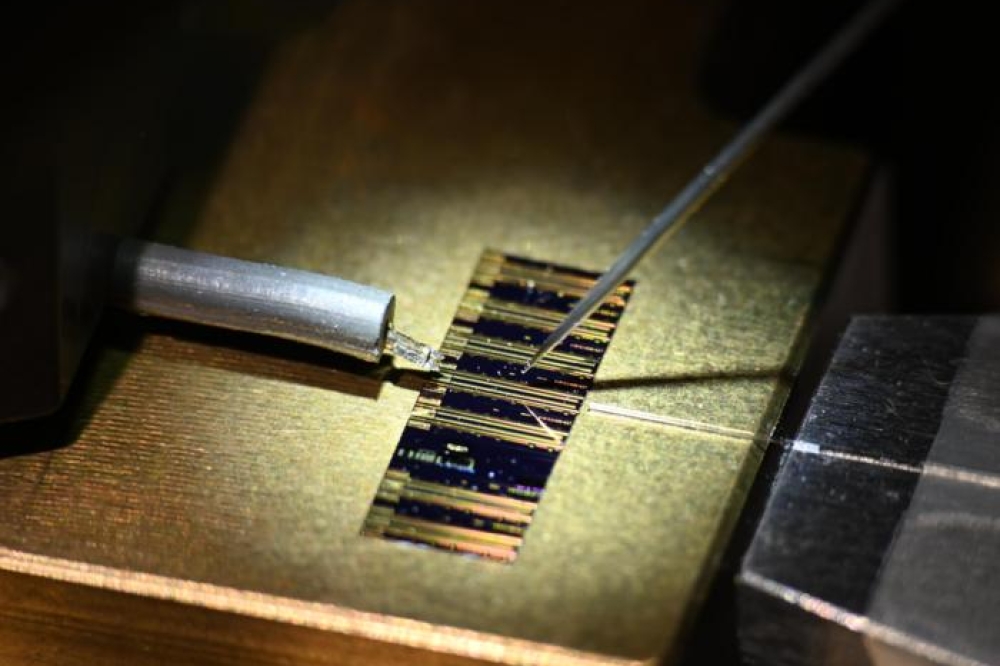News Article
Epistar Extends LED Collaboration and IP Licensing Agreement With Intermolecular
Intermolecular today announced that Epistar Corp. and Intermolecular have signed a multi-year extension of their existing collaborative development program and royalty-bearing IP licensing agreement to increase the efficiency and reduce the cost of Epistar's light emitting diode devices.
Under the terms of the agreement, which was initially established in April 2013, Epistar and Intermolecular engineers will continue to work together to leverage Intermolecular's High Productivity Combinatorial (HPC™) technology platform to dramatically accelerate development and manufacturing qualification of novel materials and processes for advanced LED products.
"Epistar is leveraging Intermolecular's HPC methodology and technology in order to accelerate R&D experimentation as we bring more advanced, higher-performing LED devices to market for our customers," stated Carson Hsieh, vice president of R&D at Epistar. "Our CDP with Intermolecular helped to significantly increase the performance of one of our LED products during development, and we are now in the process of implementing that technology in production. In the coming years we expect our continuing relationship with Intermolecular to support further advancements in our technology roadmap."
"Increasing LED efficiency is the key to reducing LED system cost and enabling widespread adoption of more innovative lighting products. We are pleased to enter into this multi-year agreement extension with Epistar—a leader in LED manufacturing—to support their product innovation strategy through accelerated materials development and LED device integration," stated Sandeep Nijhawan, senior vice president and general manager, Clean Energy Group at Intermolecular.
Intermolecular's mission is to improve R&D efficiency in the semiconductor and clean energy industries through collaborations that use its HPC platform, which allows R&D experimentation to be performed at speeds up to 100 times faster than traditional methods.
www.intermolecular.com































